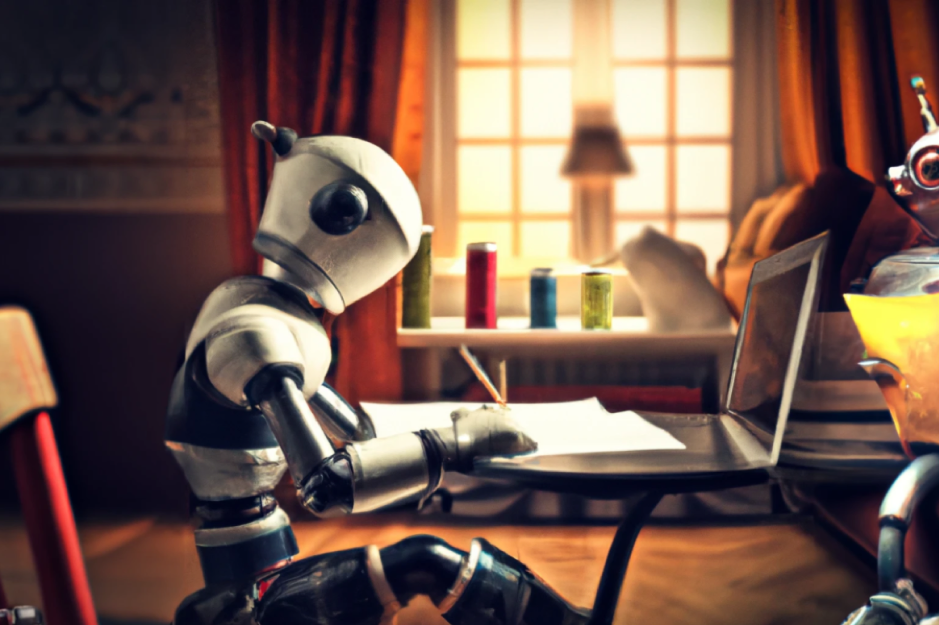
Perspectives on ChatGPT
What is ChatGPT good at? Will it become the go-to tool for analysing complex problems, complicated computations, crunching numbers or writing poetry?
Dominik Lukes talked to students and they thought it would be good at analysing data but it turns out writing poetry is one of its strengths. It has been trained on hundreds of billions of words, codes, symbols and has become skilled at emulating styles and genres in multiple languages.
How it works
ChatGPT is good at predicting what comes next. When it writes a poem, computer program, or a comparison of theories of ethics, it is not 'thinking', making clever connections or looking things up in a database. It has not been taught; it has no rules of grammar. It is simply choosing from a long list of about 50,000 options - words, parts of words or symbols – to decide what comes next.
It takes weeks, if not months, and millions of dollars of computer power to train the underlying model. But it turns out that if you do this on a big enough scale, AI can copy styles and formats and even imitate the tone of writers. Once it has a context, it taps into its knowledge of which words, or other items, frequently occur together and can for example create new verses for a Tennyson poem or write a song in a particular style. It performs such tasks phenomenally fast.
Dominik Lukes used to be a translator and language teacher and found it was just as competent in Russian, in Czech, Albanian and even Tetun, a language most people have probably never heard of. Assuming there's enough text in a language on the internet, ChatGPT will quickly develop some knowledge and skills.